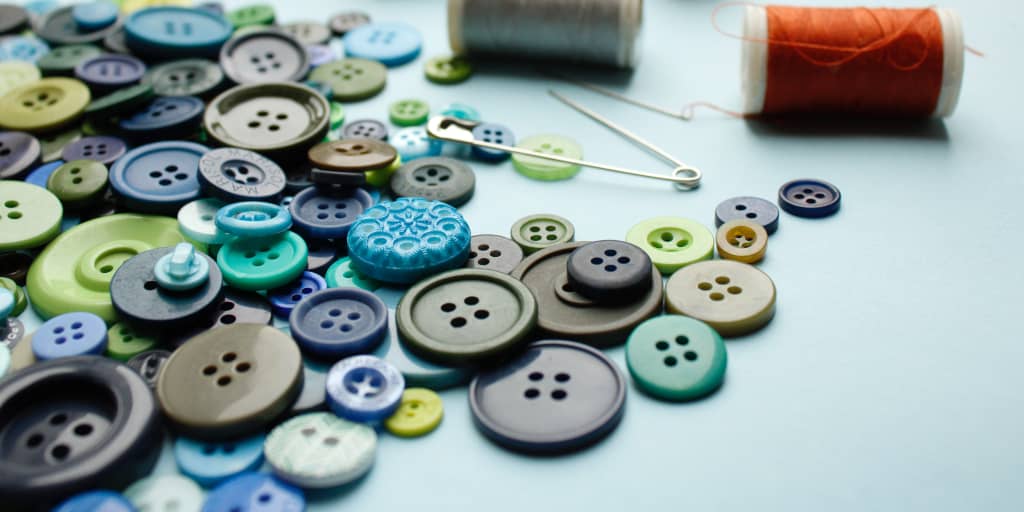‘She might look a bit different from how she was when you last saw her,’ my mother said. ‘She lost a lot of weight when she was ill.’
‘I feel bad – ’ I began, but my mother was saying hello to my grandmother’s neighbour Bruce, who sat outside his front door in a fold-out chair, his tattoos fading to blue.
My mother knocked once, and pushed the door open. My grandmother looked smaller; her hair had thinned. ‘You look well,’ she exclaimed, with a glee that could only mean that I had put on weight. When she stood, slowly as if trying it out, I tried to hide my astonishment at the skinniness of her legs.
She was worried about the operation. She asked lots of questions and my mother answered calmly. My grandmother repeated the things we told her: ‘they do these things all the time, don’t they’; ‘there’s nothing to worry about’; ‘I’ll be back home again the same day’.
What should she wear?, she asked. My mother helped her to pick out some loose blouses from her wardrobe.
She lived alone in a hunched terrace, the house where my mother and her sisters were raised, and where my mother and I have lived intermittently: when we were ‘between houses’, which was often. It was the house I had been brought back to from the hospital as a newborn; had been bathed in a plastic sink bowl in front of the electric fire.
At the butt of the avenue was a stinking, black river; behind it, an alleyway soured by split bin bags and dog shit. The houses had small gardens – yards, really – so tightly-packed that you couldn’t not acknowledge the neighbours. In the front yard, there was a hydrangea bush: red bricks and pink hydrangeas.
That house was the first museum I ever knew, filled with strange and precious objects I was not allowed to touch. Plates which we were not to eat from but which were displayed on a shelf, showing scenes of thatched cottages and shire horses pulling wooden carts. In the drawers in her talcum powder-smelling bedroom, hundreds of buttons sorted as carefully as scientific specimens.
Her jewellery box – plastic, with a rose printed on its lid – contained her mother’s engagement ring, a lock of black hair that had belonged to the baby she had before my mum, the baby who died, and my own baby teeth, surprising in their primeval sharpness. To enter that jewellery box – which I did rarely, and only with my grandmother’s strict supervision and quick, sharp hand slaps – felt like plunging into the cold, dark sea of our family, holding your breath all the way down, hoping your eyes adjust to the darkness enough to find the treasure.
And all of the photographs of people I’d never known. I wondered if people were kinder then.
We helped her into the passenger seat of the car. I sat behind her, like a child. The village was a single main road, called Factory Road, between a chicken factory and an industrial estate.
‘There was a railway station here once,’ my grandmother said. ‘Took you to the coast. But they closed it, didn’t they,’ she tutted.
‘That’s where I met your grandfather,’ she said to me, rapping her finger against the window as we passed the church hall. ‘But the less said about that the better.’
She held onto my arm as we led her through the automatic doors into the hospital. When it was time for her to go into theatre, she held me for longer than usual. Her voice crackled in my ear: ‘Love you… love you.’
In the waiting room, my mother tapped her chewed fingernails against her knee.
‘There’s nothing to worry about,’ she said.
I murmured my agreement.
‘They do these things every day,’ she said. ‘Don’t they. She’ll be back home later today.’
Rhiannon Jones is a writer currently based in London, UK. She has work published or forthcoming in Hobart Pulp and Simple. Find Rhiannon at @_rhiannon_jones.

